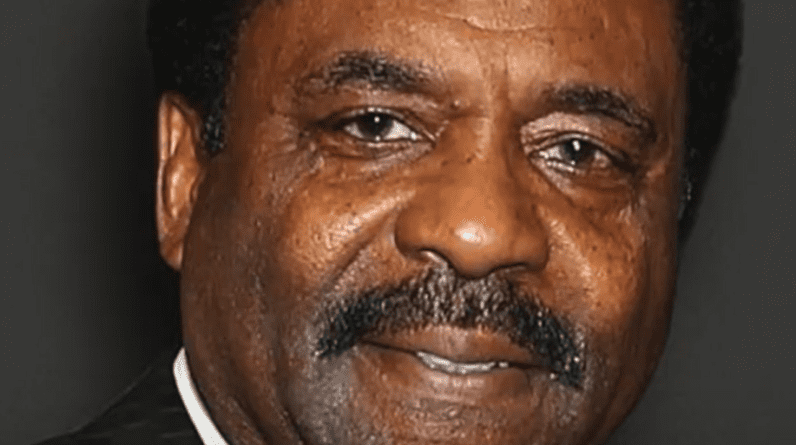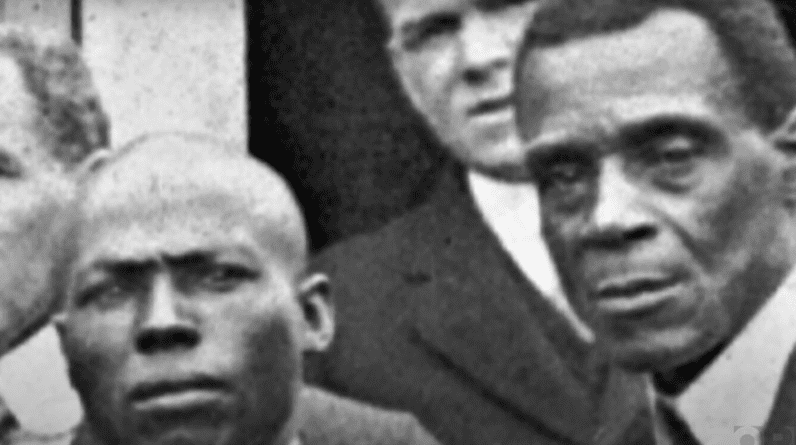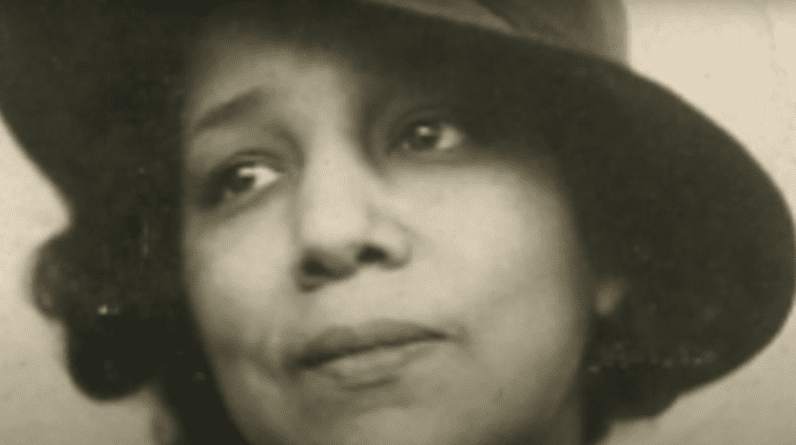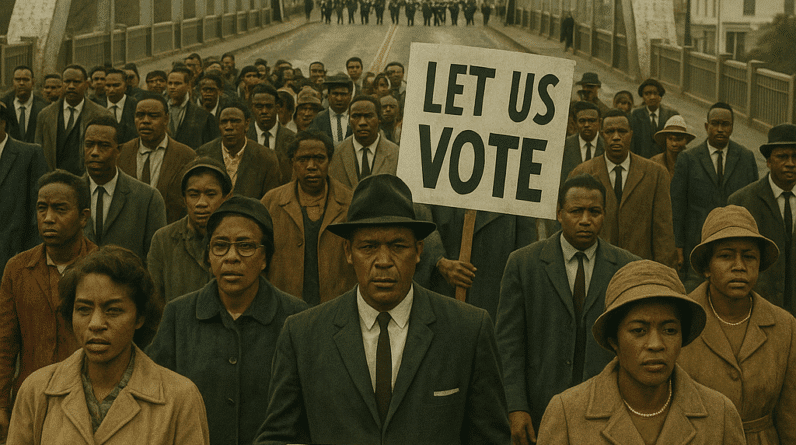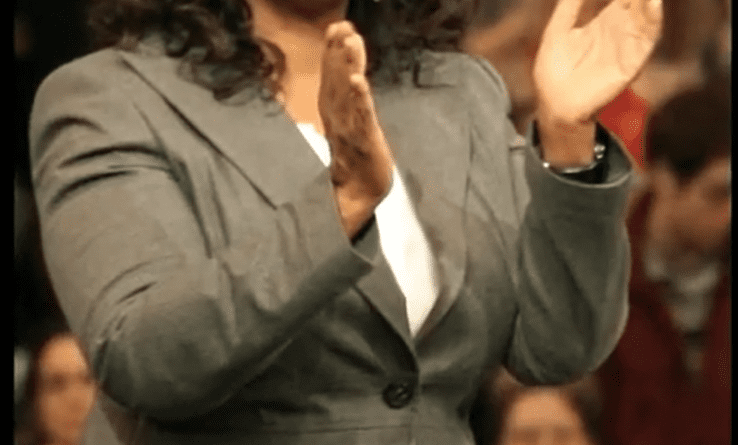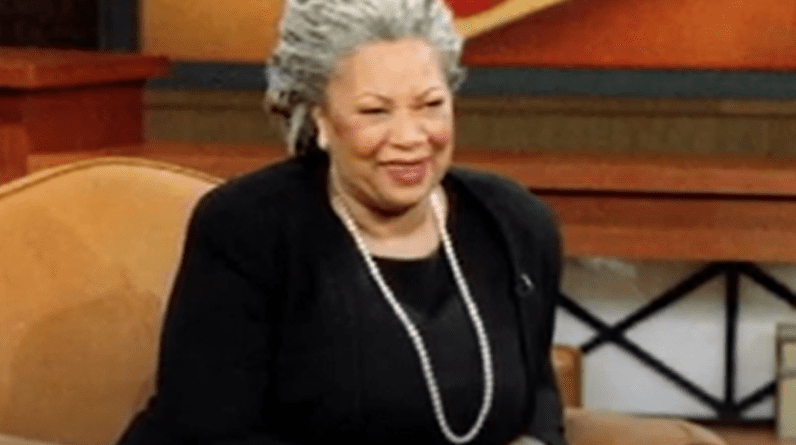
African American Literature History
African American literature history is a testament to the resilience, creativity, and power of storytelling within the African American community. This dynamic body of work reflects the diverse experiences, struggles, and triumphs of African Americans across centuries. Defined as the literary contributions by African American writers, it spans genres including poetry, fiction, drama, and essays, offering profound insights into the complexities of race, identity, and the fight for justice.
Deeply rooted in the legacy of slavery and systemic oppression, African American literature history reveals how literature has been a critical tool for resistance and self-expression. Enslaved Africans and their descendants turned to stories, spirituals, and later written works to document their lives, assert their humanity, and challenge the structures of dehumanization. Over time, these literary contributions evolved, marking key historical periods and socio-cultural movements.
The significance of African American literature history extends far beyond its artistic value. It has shaped national conversations about race, equity, and human rights while influencing the broader literary canon. Writers like Frederick Douglass, Zora Neale Hurston, James Baldwin, and Toni Morrison have used their works to illuminate the African American experience, challenge systemic injustice, and inspire change.
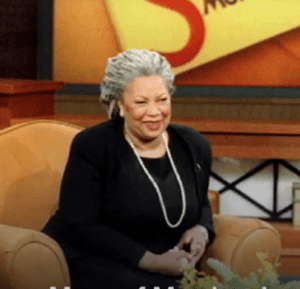
Early African American Literature
African American literature history begins with the voices of enslaved individuals and their descendants, whose works laid the foundation for this rich literary tradition.
Slave Narratives as a Historical Cornerstone
Slave narratives are among the earliest and most significant contributions to African American literature history. These autobiographical accounts, such as Frederick Douglass’s *Narrative of the Life of Frederick Douglass* and Harriet Jacobs’s *Incidents in the Life of a Slave Girl,* exposed the brutal realities of slavery while affirming the humanity and intellect of enslaved individuals. Beyond their literary value, these narratives were pivotal in galvanizing support for the abolitionist movement, making them both personal testimonies and political tools.
Oral Traditions and Cultural Preservation
Oral traditions also hold a vital place in African American literature history. Enslaved Africans brought storytelling, folktales, and spirituals to America, preserving their cultural heritage while adapting it to their new reality. These oral forms conveyed moral lessons, provided solace, and fostered a sense of identity and community. The transition from oral to written literature allowed these stories to reach broader audiences, becoming a cornerstone of African American cultural expression.
Pioneering Voices in Literature
Figures like Phyllis Wheatley, the first African American poet to publish a collection of poems, represent the emergence of African American voices in the literary landscape. Wheatley’s work challenged societal perceptions of race and intellect, paving the way for future generations of writers.
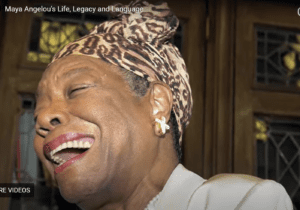
The Harlem Renaissance and Its Legacy
The Harlem Renaissance of the 1920s and 1930s was a transformative period in African American literature history. It marked a cultural explosion where African American writers, artists, and intellectuals celebrated Black identity and creativity.
Key Figures and Contributions
Writers like Langston Hughes, Zora Neale Hurston, and Claude McKay became central figures of the Harlem Renaissance. Their works explored themes of racial pride, identity, and resistance to social injustice. Hughes’s jazz-inspired poetry, Hurston’s anthropological storytelling, and McKay’s explorations of migration and identity collectively redefined African American literature.
Themes and Styles of the Renaissance
The literature of this period embraced authenticity, often incorporating vernacular language, folklore, and musical influences. These stylistic choices celebrated Black culture while challenging the literary norms of the time.
Impact on Future Generations
The Harlem Renaissance laid the groundwork for future movements, including the Civil Rights Movement and the Black Arts Movement. Its emphasis on cultural pride and artistic expression continues to influence African American writers today.
Contemporary African American Literature
The evolution of African American literature history has brought forth a dynamic and diverse range of voices in the contemporary era. Modern writers build on the legacy of their predecessors while addressing current social issues and personal narratives.
Emergence of New Voices
Contemporary authors like Ta-Nehisi Coates, Jesmyn Ward, and Angie Thomas offer fresh perspectives on African American identity and systemic injustice. Their works engage with themes such as race, intersectionality, and social justice, reflecting the complexities of modern life.

Role of Technology and Social Media
Digital platforms have transformed the landscape of African American literature, enabling wider dissemination and fostering real-time dialogue. Many contemporary writers leverage technology to amplify marginalized voices, creating a global platform for African American stories.
Continued Influence of Historical Context
Contemporary African American literature remains deeply connected to its historical roots. Works by authors like Colson Whitehead and Chimamanda Ngozi Adichie explore the enduring impact of historical events such as slavery and colonialism, offering innovative approaches to storytelling.
FAQs About African American Literature History
1. What is African American literature history?
It refers to the evolution of literature written by African American authors, reflecting their experiences, struggles, and cultural heritage across different historical periods.
2. When did African American literature begin?
It began during the 18th century with works like Phyllis Wheatley’s poetry and later expanded through slave narratives in the 19th century.
3. What are slave narratives, and why are they significant?
Slave narratives are autobiographical accounts by formerly enslaved individuals, documenting the realities of slavery and advocating for abolition. They played a pivotal role in shaping both literature and social justice movements.
4. Who are some key figures in early African American literature?
Key figures include Frederick Douglass, Harriet Jacobs, and Phyllis Wheatley, whose works laid the foundation for future literary contributions.
5. What was the Harlem Renaissance?
The Harlem Renaissance was a cultural movement in the 1920s and 1930s that celebrated African American identity, art, and literature, marking a turning point in African American literary history.
6. Who were prominent writers of the Harlem Renaissance?
Langston Hughes, Zora Neale Hurston, and Claude McKay were among the leading figures who shaped the literary and cultural landscape of the era.
7. How has African American literature influenced American culture?
African American literature has enriched the literary canon, challenged societal norms, and fostered national conversations on race, identity, and justice.
8. What themes are common in African American literature history?
Common themes include racial identity, systemic oppression, resilience, cultural heritage, and the quest for freedom and equality.
9. How did African American literature evolve during the Civil Rights Movement?
Writers like James Baldwin and Lorraine Hansberry used their works to address issues of segregation, civil rights, and social justice, reflecting the struggles of the era.
10. What role does oral tradition play in African American literature history?
Oral traditions, including storytelling and spirituals, preserved African heritage and laid the groundwork for written literature, influencing its themes and styles.
11. Who are some contemporary African American writers influenced by history?
Authors like Ta-Nehisi Coates, Colson Whitehead, and Jesmyn Ward draw from historical contexts to address modern issues in their works.
12. What impact did Toni Morrison have on African American literature?
Toni Morrison revolutionized the literary landscape with her focus on African American history, identity, and the psychological effects of racism.
13. How has technology influenced African American literature today?
Technology has amplified African American voices, enabling wider dissemination of works and fostering global conversations through digital platforms and self-publishing.
14. What is the connection between African American literature and social justice?
African American literature has historically been a tool for advocacy, challenging injustice and inspiring change through powerful storytelling.
15. Why is studying African American literature history important?
It offers valuable insights into the resilience and creativity of African Americans, enriching understanding of their cultural impact and the broader human experience.
Conclusion
The history of African American literature is a powerful narrative of resilience, creativity, and the unyielding pursuit of justice. From the earliest slave narratives to the vibrant works of contemporary writers, this body of literature has profoundly shaped American culture and global understanding of race and identity.
As African American literature history continues to evolve, it remains a vital force for change, challenging societal norms and inspiring new generations of readers and writers. Engaging with this tradition offers a deeper appreciation for the complexities of the human experience and the enduring power of storytelling.


